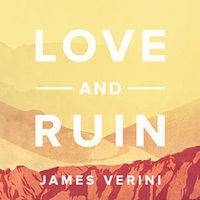Nicholas Schmidle is a staff writer at The New Yorker.
"I was in a taxi, leaving Karachi to go attend this festival, and we started getting these very disturbing phone calls from newspaper reporters that didn't exist, all of them asking me to meet them at various places in Karachi. I had read enough about the Daniel Pearl case to know what happened in the days leading up, and this was very similar. ... We kept driving towards the festival, and shortly after that, friends started calling. They were watching local television, and it was being reported that 'Nicholas Shamble,' editor of Smithsonian Magazine, had been kidnapped. And I was like, 'All right, I get the hint.'"
Thanks to TinyLetter for sponsoring this week's episode.
</blockquote>























